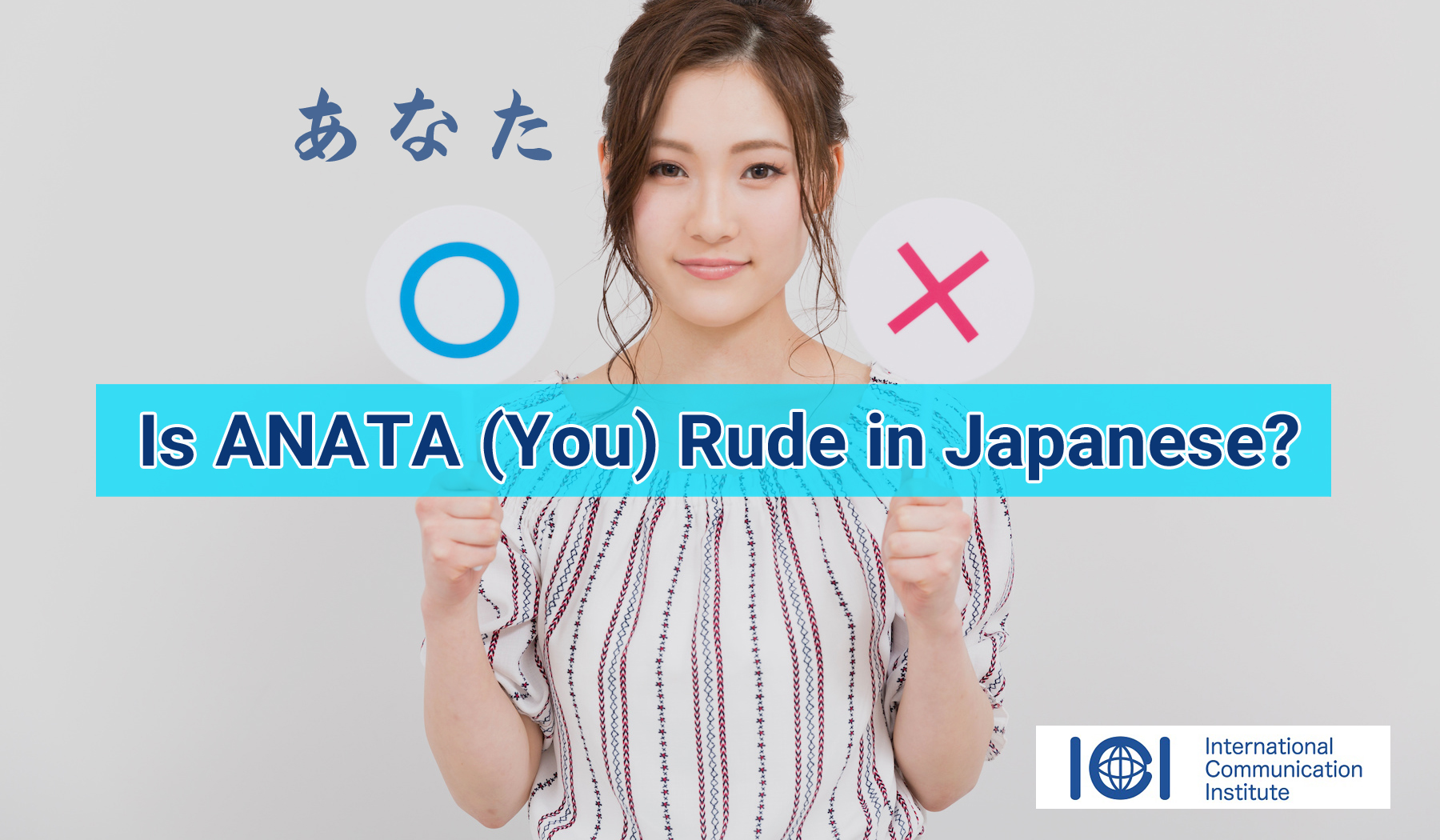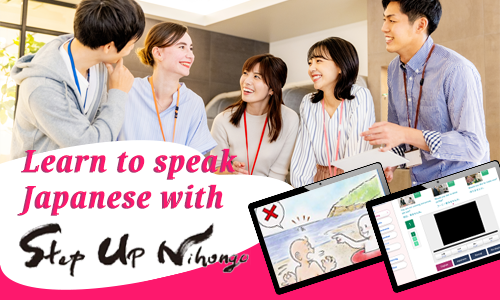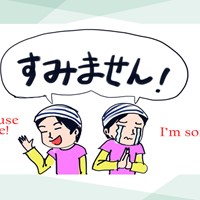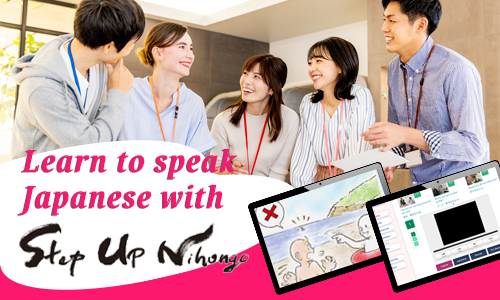Is ANATA (You) Rude in Japanese? What Words Can You Use Instead?

This article is contributed by ICI (International Communication Institute) Step Up Nihongo team.
“How are you?” How simple to ask! The translation “Ogenki desu ka” is also easy, but where is the “you”? Actually, there is no “you” word in “Ogenki desu ka”!
From the Western view, you want to add that word “you” somehow, or it feels wrong. Maybe you asked and were taught “anata” for “you”. So, you might think to say, “Anata wa ogenki desu ka”. But this would NEVER happen in Japanese between natives. It would be extremely weird!
What Word Can You Use Instead of ANATA (you)?
If you’ve been living in Japan for a while you’ve probably noticed that people hardly use anata, if not never.
Instead, in Japanese you could use your counterpart’s name and put “san” to it, such as “Sumisu-san,” “Tomu-san” (Smith-san, Tom-san). As you see here, san can be used with either family names or given names and is applicable to both men and women, young or old, too. This Japanese word “san” works as a great tool to produce a nice psychological distance, as well as expresses due respect and intimacy between you and your counterpart.
In a formal or official setting, such as waiting for your name to be called at a hospital, a city office etc., they would call you like “Sumisu-sama”. Actually, sama is the original word of san. So if you were to meet a new customer for the first time, you might be addressed to by saying “Sumisu-sama”.
Besides sama and san, boys typically would call their peers by putting “kun”, such as in “Sumisu-kun” or “Tomu-kun” in a friendly way.
When talking to small children, you would add “chan” to their given names. This is an endearment term used for cute ones like kids, pets, etc. So “Tomu-chan” would give a similar effect as “Tommy” does in English.
If you are an English speaker, you might think calling people by their name should give a nice friendly feeling. Oh no, this is not the case in Japanese. This is called “yobisute” (literally, throw-away calling), and is extremely rude. For example, addressing Mr Kenji Tanaka as “Kenji” or “Tanaka” would sound something like “HEY YOU!” in a violent manner. Of course, though, if you are engaged in a fight or sport game where there is no need to be polite, sure, “yobisute” would be fine.
When is ANATA Used?
Well, back to “anata”. “Anata” itself is an accepted word, with a proper use. When pressed, Japanese will say that “anata“ is equivalent to English “you” – but that answer is not quite right. “Anata“ is used two ways: 1) by wives addressing their husbands, and, 2) to signify a generic “you” in questionnaires. In the first scenes of the anime Spirited Away, when Chihiro’s parents decide to explore the strange temple after hearing the far-off train, Chihiro’s mom repeatedly addresses Chihiro’s father with “anata“. She does not address Chihiro this way – she calls her by name.
Why is ANATA Considered Rude?
So, somewhat paradoxically, “anata“ is used within marriage to express closeness or, to address someone unknown (a questionnaire respondent). “Anata“ originally referred to somewhere unknown and far away. So, if you were to use “anata“ while knowing your counterpart’s name, you would give a cold impression. It can be taken this way as rude!
Does a Sentence Make Sense If 'ANATA' is Omitted?
How about a sentence you are convinced must include “you”? Something like “I love you!” Well, are you really sure you need the “I” and the “you”? When would you say it? Would you say it in a place or time where the object of your love would not understand who you were addressing?
This would virtually never happen, right? And, it is typical style in Japanese language and culture to leave the most important parts of a statement out (because they are too obvious and unnecessary to state, or, because they would reveal too much). In the moments when you might profess your desire to marry someone, you could say, “Aishiteiru yo” – definitely without “anata“, though the bride-to-be, in acceptance, might just sigh and say, “Anata...”
Summary
Every language has its culture embedded in it. Japanese is different from Western languages because Japanese culture is different. Learning Japanese will change your worldview.
ICI (International Communication Institute) provides interesting Japanese e-learning and online classes. You can find a learning method that suits your schedule. Click the image below to find out more.
















